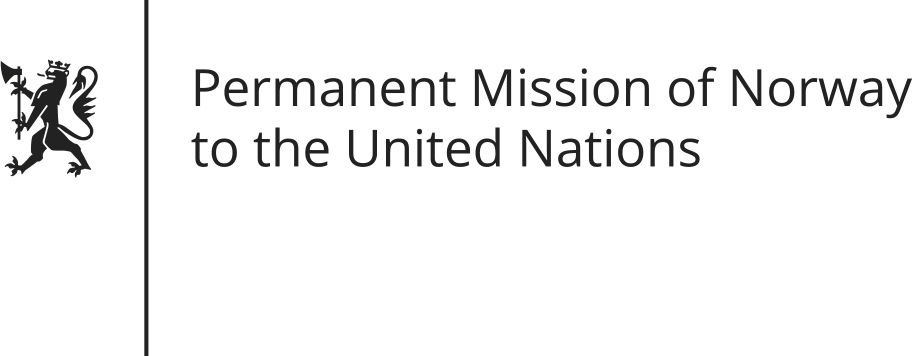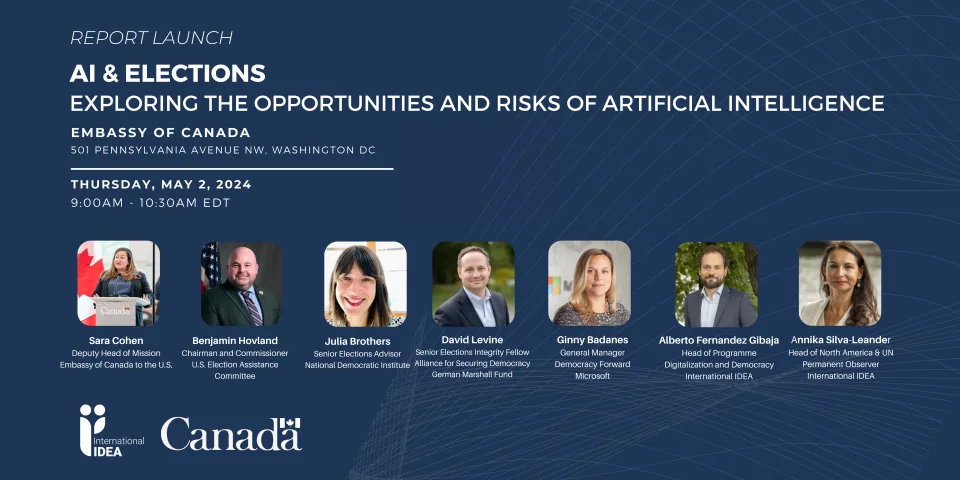A Global Digital Compact for Democracy
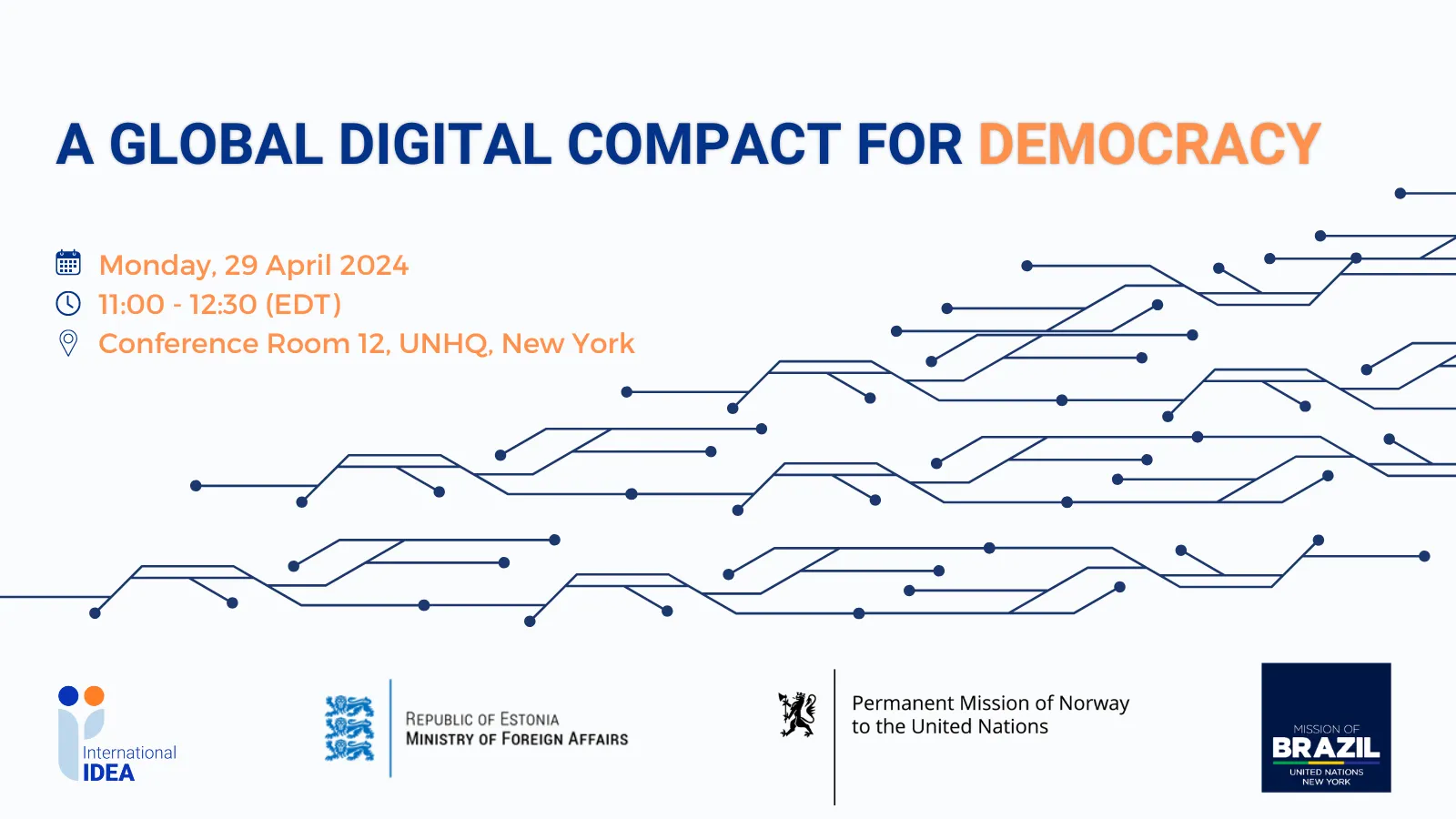
Global digital governance is at a pivotal moment in history with an abundance of multilateral processes currently defining the way digital technologies, especially the internet and artificial intelligence, will function in the coming decades. Until now, the features of openness, decentralization, and multistakeholder governance have enabled digital technologies as democratization instruments, however, those features are not guaranteed to remain. Fundamental traits of today's technology, including the global interoperability of the internet, its capacity to allow people to bypass government censorship, the protection of user’s privacy and their ability to speak freely and anonymously may be at risk.
The United Nations Global Digital Compact (GDC) has emerged as a key process in negotiating the future of technology and the improvement in digital cooperation among countries. As one of the proposals outlined in the UN Secretary General’s Report “Our Common Agenda”, the GDC seeks to foster a responsible and inclusive digital environment that benefits everyone, addressing key digital divide issues and ensuring a safe digital space for all. The outcome of this process will feed into the Summit of the Future in September 2024 but also guide the discussions of the Internet Governance Forum and the review of the World Summit on the Information Society (WSIS), which set the current structure of Internet governance 20 years ago.
The GDC holds the potential to craft a brighter, more equal, accountable, and democratic digital future, but it also runs the risk of streamlining authoritarian beliefs on how the digital space should be governed. Invasive surveillance tools for national security, internet fragmentation, mis and disinformation, online gender-based violence, and barriers to online freedom of expression are crucial elements to be discussed among Member States, the private sector, civil society, and other stakeholders for a meaningful outcome document to be produced. This side event seeks to influence and provide concrete actions and input into the drafting process of the Compact through the lens of democracy, focusing on protecting human rights in digital contexts, strengthening a human-centric approach to digital technologies, promoting a universal, free, open and secure Internet, bridging the digital divide and leaving no one behind.
*Read International IDEA's recently published policy paper on this topic here.
See pictures of the event here.
Speakers
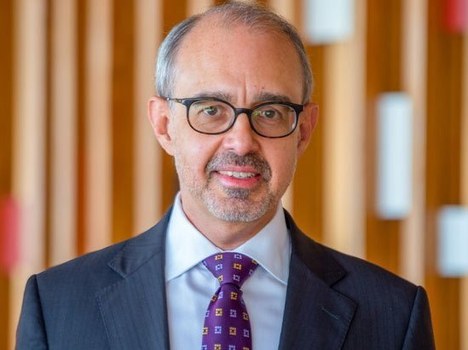

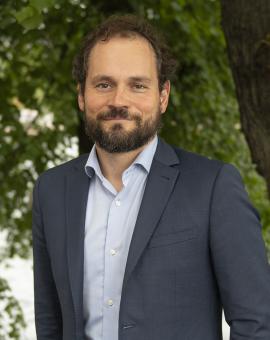
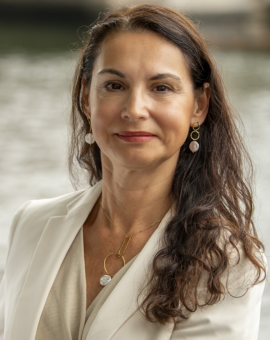

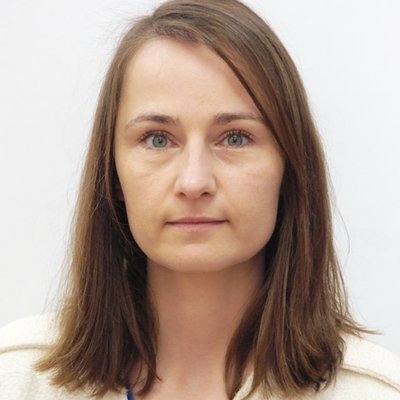
Hosted by
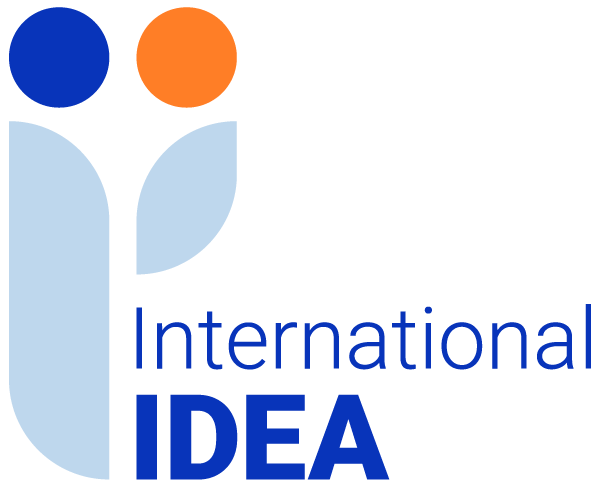
We advance democracy worldwide, as a universal human aspiration and an enabler of sustainable development, through support to the building, strengthening and safeguarding of democratic political institutions and processes at all levels.
